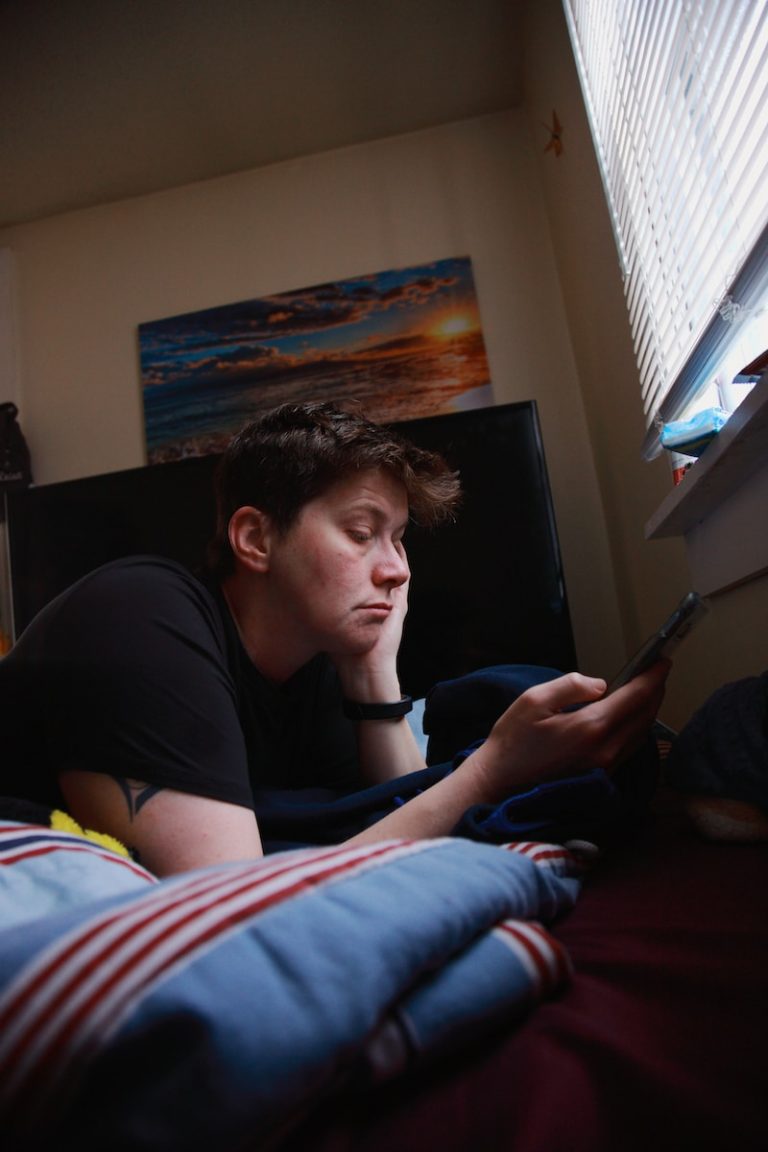In the UK, the average person uses their mobile devices for 4 hours and 14 minutes per day. When you consider the time spent at a computer during many people’s work hours and time spent watching TV, the hours rack up further.
Limiting screen time can help with better concentration and brain functioning and reduce eye strain. But in a world that’s so screen-orientated, what are some ways you can follow through on this goal?
Story Stages
Take breaks
While you probably can’t do much to cut down on any screen time that’s essential to your employment, you can cut down in other areas. Consider limiting your activity on social media. At the very least, commit not to sign up for any additional social platforms that might increase your screen time. Download an app that’s specially designed to help you manage your scroll time.
According to contact lens specialist Lenstore, “Too much screentime can have an impact on our eyes. The reduced amount of blinking can cause our eyes to dry out and become tired quicker. It’s best to take regular breaks to look at things that are further away – a great approach is the 20-20-20 rule. Every 20 minutes, take 20 seconds to look at something 20 feet or more away. Small changes like this, as well as ensuring your sitting position is comfortable and not too close to your screen, can really make a difference to your eye health.”
Leave the phone behind
It’s no secret that smartphones can have the best of us feeling somewhat addicted. We may constantly check our social media feeds because we don’t want to miss a thing, scroll late at night and delay bedtime; the list goes on.
One way to counteract this is to make a policy of leaving it in a separate room when you’re doing certain activities. These may include cooking, seeing friends or getting ready for bed. Not only could this help you give an activity your undivided attention, these impromptu social media blackouts will also cut down your daily screen time in a barely noticeable way.
Turn the colour off
Bright colours can be more enticing to look at, but they can also cause more eye strain. Though not everyone is aware of it, most smartphones and computers come with a greyscale setting that is easy to flip on and off.
By activating this setting at points in the day when you’d rather not waste time on your phone, you make it easier to put it down and reduce the damage you do to your eyes while checking it.
As with many other things, small steps are often the way to reduce the hold of unhealthy habits!
